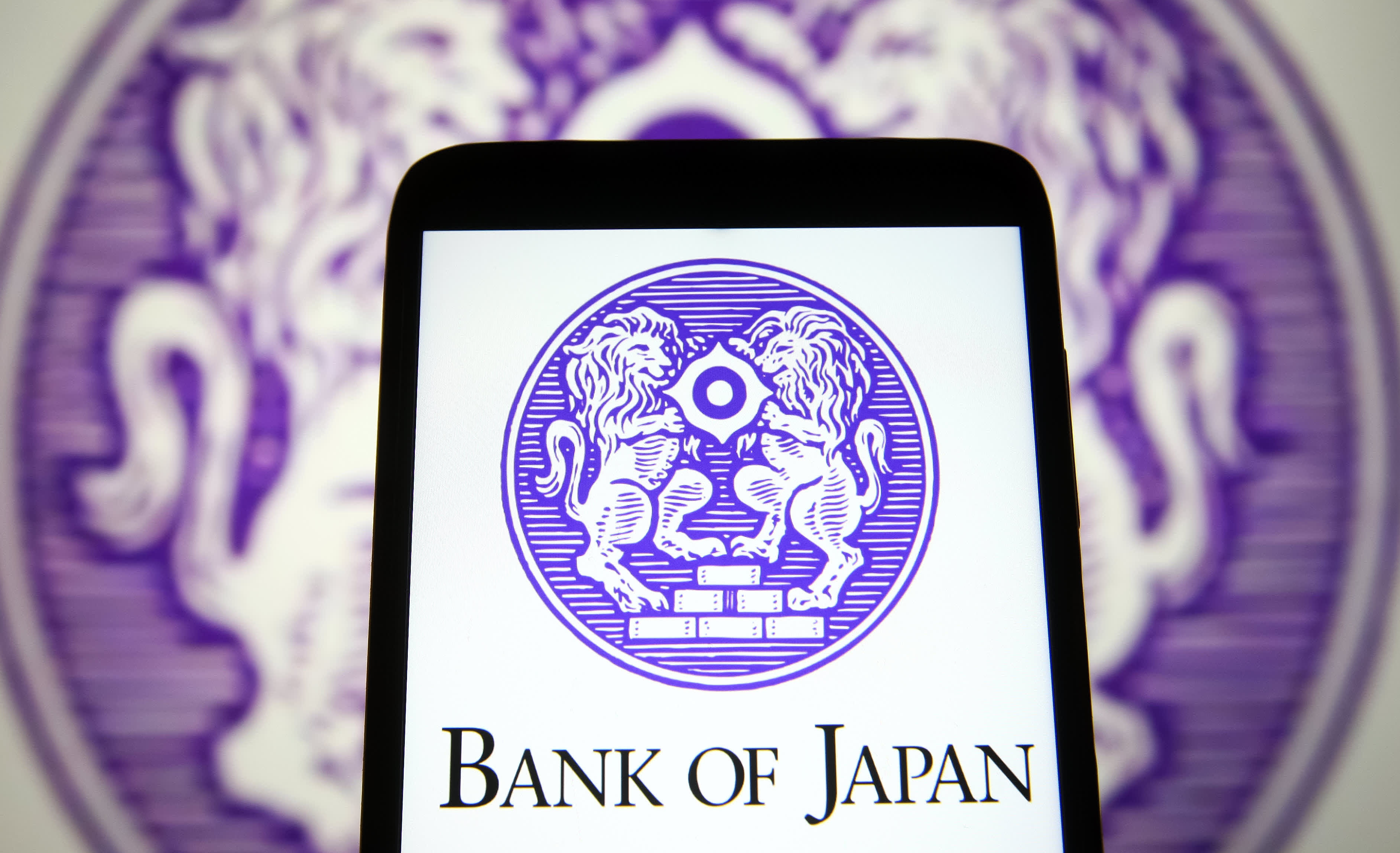| Date | Desc |
|---|---|
| Sep-2016 | YCC first introduced under former governor Haruhiko Kuroda (in offce 2013-2023) |
| Dec-2022 | (1st) 10yr Yields allowed to rise around 0.5%, up from a previous limit of 0.25% |
| Apr-2023 | Ueda’s tenure starts |
| Jul-2023 | (2nd) BOJ would buy 10yr JGB daily at 1%, effectively raising yield cap |
| Oct-2023 | rising UST Yields pulled global rates higher |
| Oct 31-2023 | (3rd) the 1% level is downgraded to only a reference point, breachable threshold |
BOJ & YCC Policy

YCC Timeline
The Tweak also indicate the decision to: stop conducting unlimited bond-purchase operations every day (daily since 2022)
no longer show yield levels at which the central bank buys
the BOJ will allow moves higher, with a caveat that it may “nimbly” conduct operations to bring the yield back down if needed, BOJ not willing to purchase an unlimited amount” of bonds
Reason of changing Effective Ceiling?
inflation in Japan that’s near a 4-decade high
BOJ upgraded its inflation projections, saying it now expects a key price gauge to stay well above its 2% target for three consecutive years. The nation hasn’t seen such steady price growth since 1992.
Potential Impact
Domestically?
Since Sep 2016 when YCC was introduced, JGB ownership by BOJ dramatically increases; in Oct 2023 BOJ owning over 50% of outstanding JGB
Now the market is getting back at least half of its power to determine bond yields
Implications beyond Japan?
Due to the low domestic yields, Japanese investors have spent more than $3 trillion offshore searching for higher yields.
Even a small shift to Policy Normalization may cause Japanese cash to go back home
Japan is the biggest foreign holder of US Treasury (UST), not China, which might be surprising to some people. China is the second largest holder.
Japanese funds have highly diversified investments in almost everything, from Brazilian sovereign debt to European power stations and high-risk loans – global impact
A significant shift like abandoning YCC could:
strengthen the JPY
blow up the bond markets where Japanese investors have significant holdings
impact global rates market: such as Australian bonds, the benchmark yields jumped 20 basis points after Ueda’s policy tweak, not to mention French OATs and UST
Still, Ueda has emphasized any adjustments would be data dependent, and has been careful to emphasize that real policy normalization is still a ways off, but if wages get another big boost, change may come.